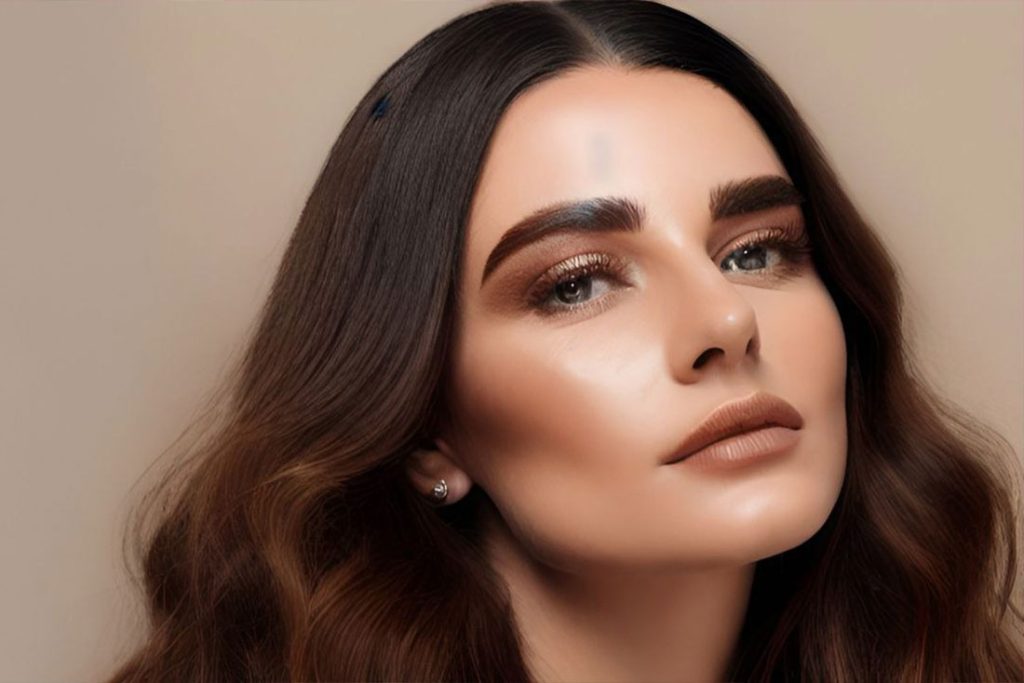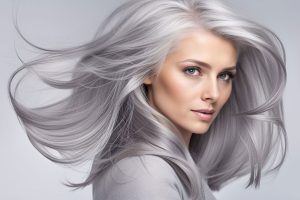The Importance of Understanding Hair and Scalp Properties for Beauticians: An In-depth Analysis
Cosmetologists, often considered as artists of the beauty world, do far more than merely enhancing aesthetics. They are the guardians of a person’s hair and scalp health, requiring a deep understanding of the anatomical, chemical, and aesthetic aspects of hair. In this in-depth article, we will explore why an exhaustive understanding of the hair and scalp is non-negotiable for a cosmetologist.

Hair and Scalp Properties
Hair and Scalp: Not Just Strands and Skin
When a client walks into a salon, they bring with them not only their physical appearance but also a biological framework that reacts differently to treatments. Hair, often treated as a malleable accessory, is in reality, a complex structure made of a protein called keratin. The scalp, too, has its unique physiology and can be sensitive to chemical and physical changes. This is why a cosmetologist must dive deep into the study of hair and scalp properties.
The Anatomy of Hair and Scalp
Understanding the anatomy of hair—its follicles, shaft, and the chemical composition—provides a structural understanding that guides all subsequent treatments. The hair shaft consists of three layers: the cuticle, cortex, and medulla. Each layer reacts differently to chemical and physical treatments.
The scalp, often an overlooked aspect of cosmetology, has its ecosystem. Comprising sweat and oil glands, it plays a pivotal role in hair health. An imbalance in this ecosystem can lead to a host of issues, including dandruff, hair fall, and even fungal infections.
Why Cosmetologists Must Understand Hair and Scalp Properties
1. Preliminary Analysis: The Cornerstone of Safe Treatments
Before undertaking any treatment, the hair and scalp must be meticulously analyzed to identify any existing conditions or susceptibilities. For instance, certain scalps are prone to dryness and may react adversely to a high-chemical shampoo. Similarly, over-processed hair may not be a suitable candidate for further chemical treatments, and understanding this in advance will prevent additional damage.
2. Chemical Treatments: A Science in Themselves
Chemical treatments like perming, straightening, and coloring do not merely alter your hair’s appearance; they modify its very structure. Understanding how these chemicals interact with the different types of hair and scalp is crucial for the safety and effectiveness of the treatment. A mistake here could lead to irreversible damage, including hair loss and scalp burns.
3. Hair Growth and Loss: A Continuous Cycle
Hair growth isn’t a static process. It occurs in cycles—Anagen (growth phase), Catagen (transitional phase), and Telogen (resting phase). Recognizing these cycles can offer profound insights into treating hair loss, one of the most common concerns for clients.
4. Individualized Treatment Plans
Every client is different, and what works for one may not work for another. Understanding hair and scalp properties enables a cosmetologist to customize treatments, leading to better results and happier clients.
5. Ethical and Legal Considerations
Mismanagement of chemical treatments due to lack of knowledge can lead not only to customer dissatisfaction but also to legal repercussions. Knowledge about the adverse effects of various chemicals and treatments will help the cosmetologist set proper expectations and take informed consent from the client.
Questions Every Cosmetologist Should Ask
- What is the client’s hair type—curly, wavy, or straight?
- Does the client have any scalp conditions, such as psoriasis or seborrheic dermatitis?
- What is the current health of the hair? Is it virgin hair or chemically treated?
- Does the client have any history of allergic reactions to hair products or treatments?
- What are the client’s expectations and how best can they be safely met?
Conclusion
A cosmetologist is a custodian of a client’s self-image and self-esteem, and a key part of this role involves being an expert on the properties of hair and scalp. It’s not just about making people look good, but also ensuring they feel good by maintaining the integrity and health of one of the most critical aspects of human appearance—hair. Therefore, a profound understanding of hair and scalp properties is not just an add-on; it’s an essential skill set for every conscientious cosmetologist.







